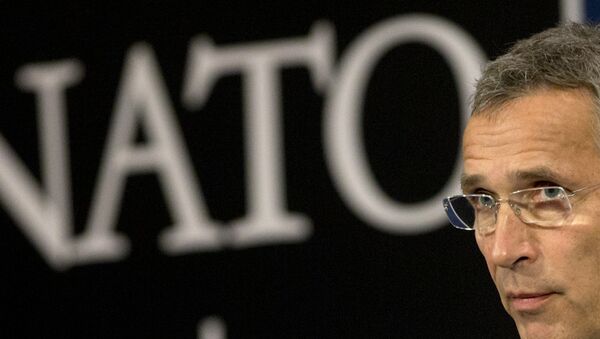Next month's already under threat national election has now been placed in greater doubt after the constitutional court ruled that the dissolution of parliament ahead of the vote was unconstitutional.
The decision to suspend all election activity will be followed by a permanent ruling next week, and comes after a complaint from the Democratic Union for Integration (DUI).
Following the decision of the Constitutional Court, #Macedonia Parliament Speaker has re-called the dissolved Parliament for this afternoon
— Cvetin Chilimanov (@Cvetin) May 18, 2016
While the EU had brokered an agreement to hold elections in 2015, the DUI, along with the Social Democratic Union of Macedonia (SDSM) and the Democratic Party of Albanians (DPA), had all announced they would boycott next month's vote, arguing conditions weren't in place for free and fair elections.
Many had raised concerns over the legitimacy of the planned June elections, as the incumbent VMRO-DPMNE party, under the leadership of Nikola Gruevski, had been the only party to register for the vote.
Political Uncertainty Continues
Parliament will now be recalled with hopes the country's political stalemate can be solved and another election date can be agreed upon.
Macedonia has been mired in political crisis since early 2015, when opposition political parties accusing Gruevski's government and intelligence chiefs of wiretapping more than 20,000 people.
Police blocked the people from reaching Constitutional Court, #протестирам is now in front of Government. #Macedonia pic.twitter.com/d2bpE19Pxr
— Filip Stojanovski (@razvigor) April 23, 2016
The prime minister denied the allegations, labeling the purported evidence as doctored, while opposition parties led widespread rallies calling for Gruevski's resignation.
The crisis was then inflamed when Macedonia's President, Gjorge Ivanov, granted amnesty to those under investigation over the wiretapping scandal, triggering more protests.
Ivanov's decision to grant a pardon to those under investigation has resulted in widespread criticism from the West, with the EU and the US calling for the president to reverse his decision.
NATO-Secretary-General Jens Stoltenberg also joined the calls for Ivanov to re-open the country's investigation into the wiretapping scandal, referring to Macedonia's aspirations to join the military alliance.
"The door of NATO is still open, but it is crucial that the country's leaders address problems on the rule of law, including revoking the recent presidential pardons," he said.
"It is important that the minimum condition for normal political democratic life is in place."



